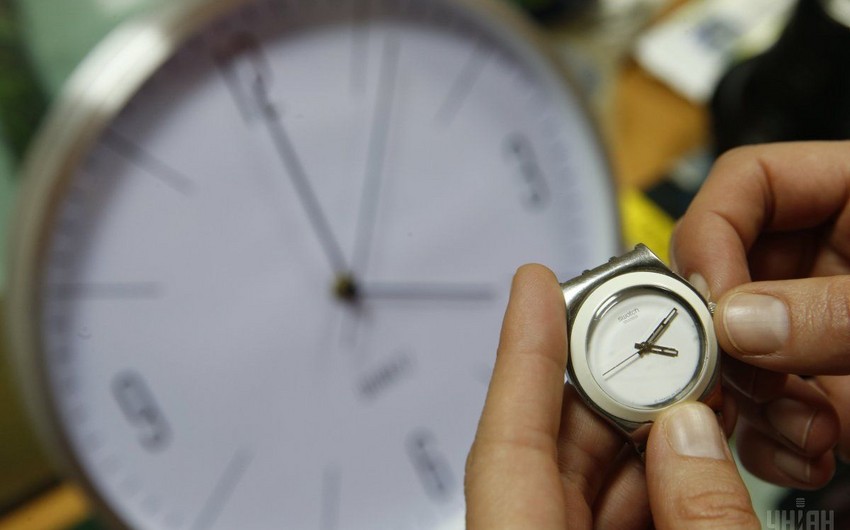Japanese scientists have experimentally proved that the passage of time accelerates at a distance from the earth's surface, which confirms Albert Einstein's hypothesis that gravity affects the passage of time, Report says, citing TASS.
During the experiment, physicists led by Professor Hidetoshi Katori of the University of Tokyo used an optical atomic clock to calibrate the vibrations of quantum particles. This device is very accurate: for such a clock to lag even for a second, it must take at least 30 billion years.
Scientists have placed synchronized clocks on the first floor of the highest skyscraper in Japan, Tokyo Sky Tree, and on its observation platform, at an altitude of 450 meters from the earth's surface.
Checking the readings revealed that the clock on the observation deck was about 5 hundredth of a second faster than the clock on the first floor. During the day, the lag of the "lower clock" was approximately 4.3 nanoseconds (a nanosecond is one-billionth of a second).
According to the researchers' calculations, in one year, the difference between the hours would be about 1.6 microseconds (a microsecond is one-millionth of a second). The scientists did not find any other explanation except that the course of the "lower clock" was slowed down by the force of gravity.


 https://static.report.az/photo/ea7e44e8-0c87-4e0c-89fc-c307780b768b.jpg
https://static.report.az/photo/ea7e44e8-0c87-4e0c-89fc-c307780b768b.jpg

